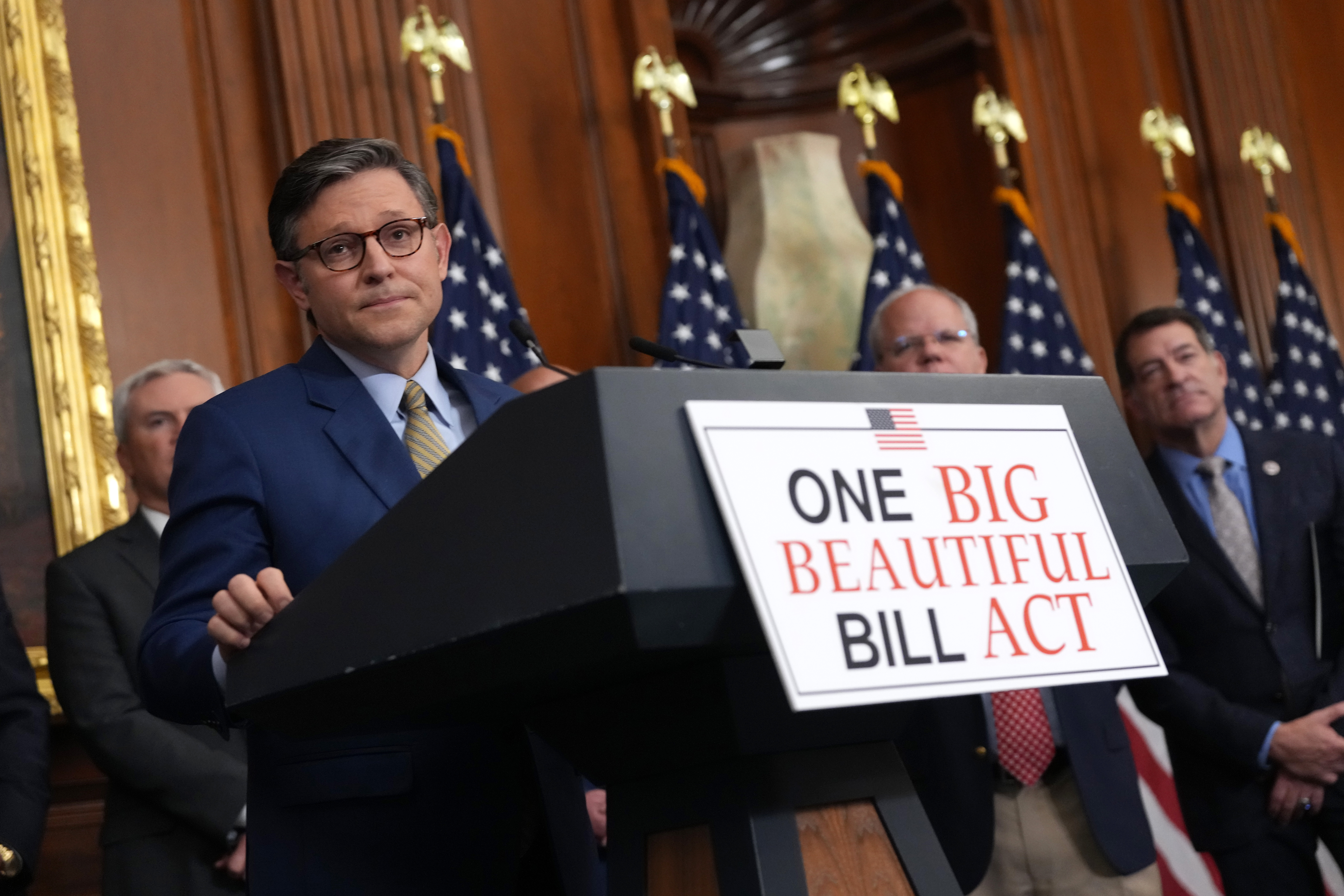Subscribe to job alerts
Sign up to receive our latest roles directly to your inbox every month
Donald Trump’s newly passed “Big Beautiful Bill” (BBB), a sweeping tax and spending package, has triggered a wave of debate across the United States, not least in the science and healthcare communities. While the political and economic ramifications are still unfolding, its implications for the life sciences sector are already becoming clear, both within the United States and globally.
In this article I’d like to summarise the potential impact on U.S research institutions, the pharmaceutical, biotech, and medtech industries, and what the shifting landscape might mean for organisations operating in or engaging with the United States, the United Kingdom, and Europe.
One of the most significant elements of the bill is the proposed reduction in federal funding for major public science institutions. These cuts sit alongside others already announced as part of the wider fiscal year 2026 budget proposals.
Cuts announced or proposed so far that directly affect Life Sciences include:

If implemented in full, these cuts could lead to a sharp decline in federally funded research projects, particularly in early-stage or foundational science. This would not only affect U.S. universities and public research bodies but also the many commercial organisations and consultancies that partner with them across drug development, health analytics, regulatory work, and related areas.
Pharmaceutical and Biotechnology
The bill includes provisions to reintroduce Most Favoured Nation (MFN) drug pricing, benchmarking U.S. prices to those in lower-cost OECD countries. While the intention is to reduce domestic healthcare costs, it introduces uncertainty for pharmaceutical pricing models globally.
Profit margins in the United States, the world’s largest pharmaceutical market, could come under pressure. As a result, companies may reconsider pricing, reimbursement, and access strategies across other regions, particularly in Europe.
For early-stage biotech firms, many of which depend on a mix of NIH grants, academic collaboration, and venture capital, the combination of funding constraints and policy changes could place strain on innovation, investment, and longer-term sustainability.
Medical Technology
Proposals to impose tariffs on imported medical devices and active pharmaceutical ingredients (APIs) have raised concern within the medtech sector. These measures could increase production costs, disrupt global supply chains, and prompt companies to revisit sourcing strategies, particularly where international manufacturing or cross-border distribution is central to operations.
Implementation Is not guaranteed
While the bill outlines a clear direction, it is important to recognise that many of the most impactful elements are not guaranteed to take effect as currently written. Several mechanisms could delay, reshape, or prevent implementation:
• Legal challenges are likely, especially in relation to the MFN pricing model and healthcare provisions. Similar initiatives were blocked by courts during Trump’s first term.
• Congressional appropriations still control actual funding allocations. Congress may choose to fund science agencies at higher levels than those set out in the bill.
• Political resistance is emerging, including from some Republican lawmakers in research-heavy states, which may lead to amendments or carve-outs.
• The U.S midterm elections in 2026 could significantly alter the political landscape before the bill is fully implemented.
• Industry lobbying and negotiation could result in phased rollouts, revised frameworks, or new mechanisms to avoid damaging innovation or limiting patient access.
In short, while disruption is possible and in some areas probable, the overall policy picture remains fluid. Many of the most severe changes could be delayed or reworked in the months ahead.
Global Talent and Collaboration
Reductions in U.S. public science funding may further increase the mobility of research talent. If labs close or grants disappear, researchers are likely to look overseas to continue their work.
This could benefit life sciences hubs globally, including in the United Kingdom and mainland Europe, but may also create challenges for U.S based organisations trying to retain or attract top-tier scientific talent. It also raises broader questions about how global partnerships and collaborations can remain effective and resilient in a more fragmented policy environment.
The United States remains a global leader in life sciences research, development, and commercialisation. However, the direction of policy under the new administration introduces real uncertainty. The eventual impact of this bill will depend not only on the letter of the legislation but on how it is implemented, contested, and adapted by those within the sector.
If you are part of a life sciences manufacturer, or a consultancy that advises, supports, or supplies those organisations – how do you see this playing out for your business or your clients over the next 12 to 24 months? Will it shift investment priorities, change hiring strategies, or alter the way you engage with partners in the U.S or abroad? It will certainly be something I will be keen to keep a very keen eye on as the situation develops.
Established in 2006 by ex-industry professionals, Carrot has become one of the most highly regarded and trusted recruitment partners within the Pharma, Biotech, and Med-Tech sectors, spanning North America and Europe. Our business is structured to support clients across the full product lifecycle, from development to commercialisation and everything in between, with dedicated recruitment teams working exclusively across 14 separate functional areas. Register your vacancy with us and we will be in touch to find out more about your requirements.
You can check out all the current vacancies we have available via our jobs page or submit your CV and one of our consultants will be in touch!

Sign up to receive our latest roles directly to your inbox every month